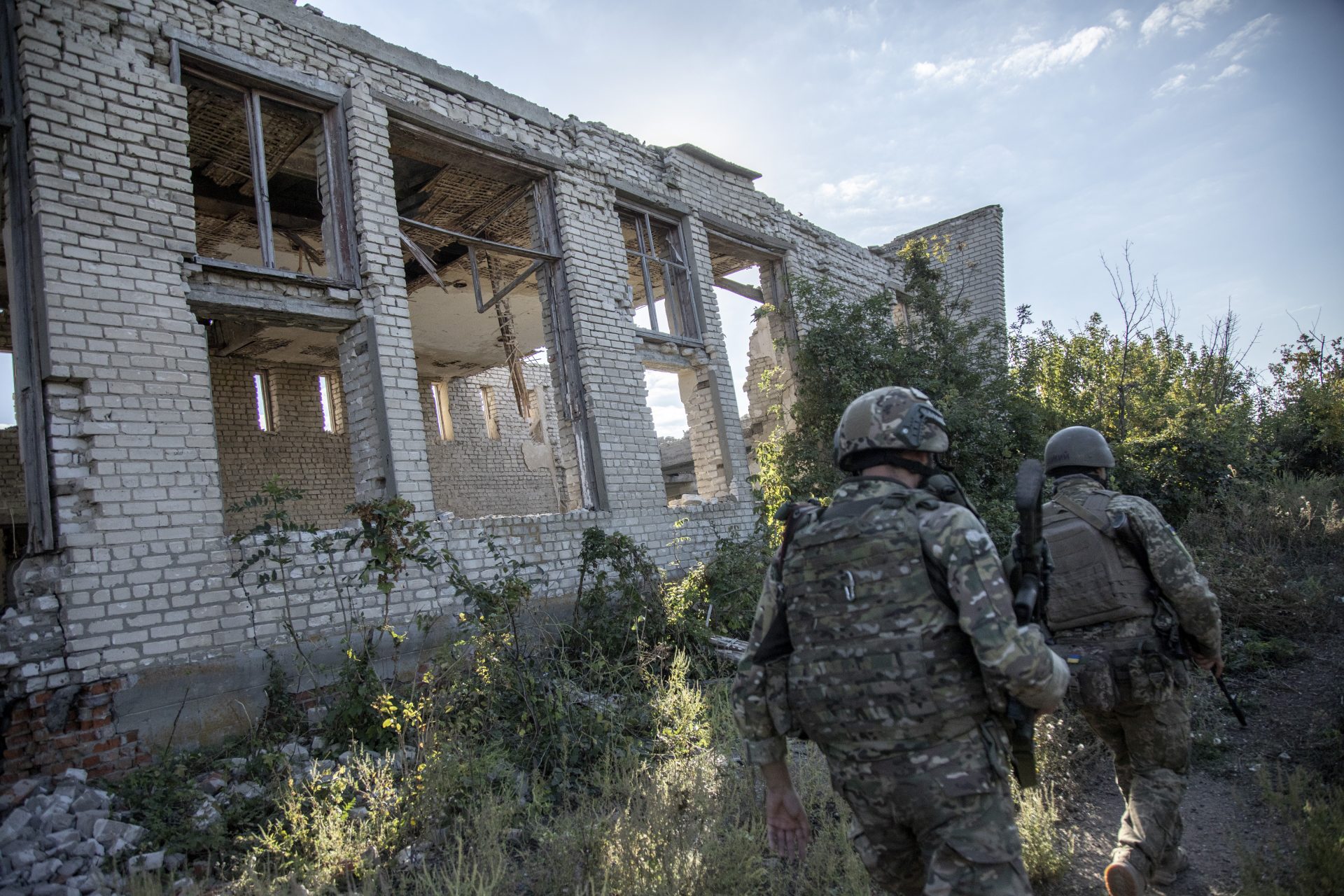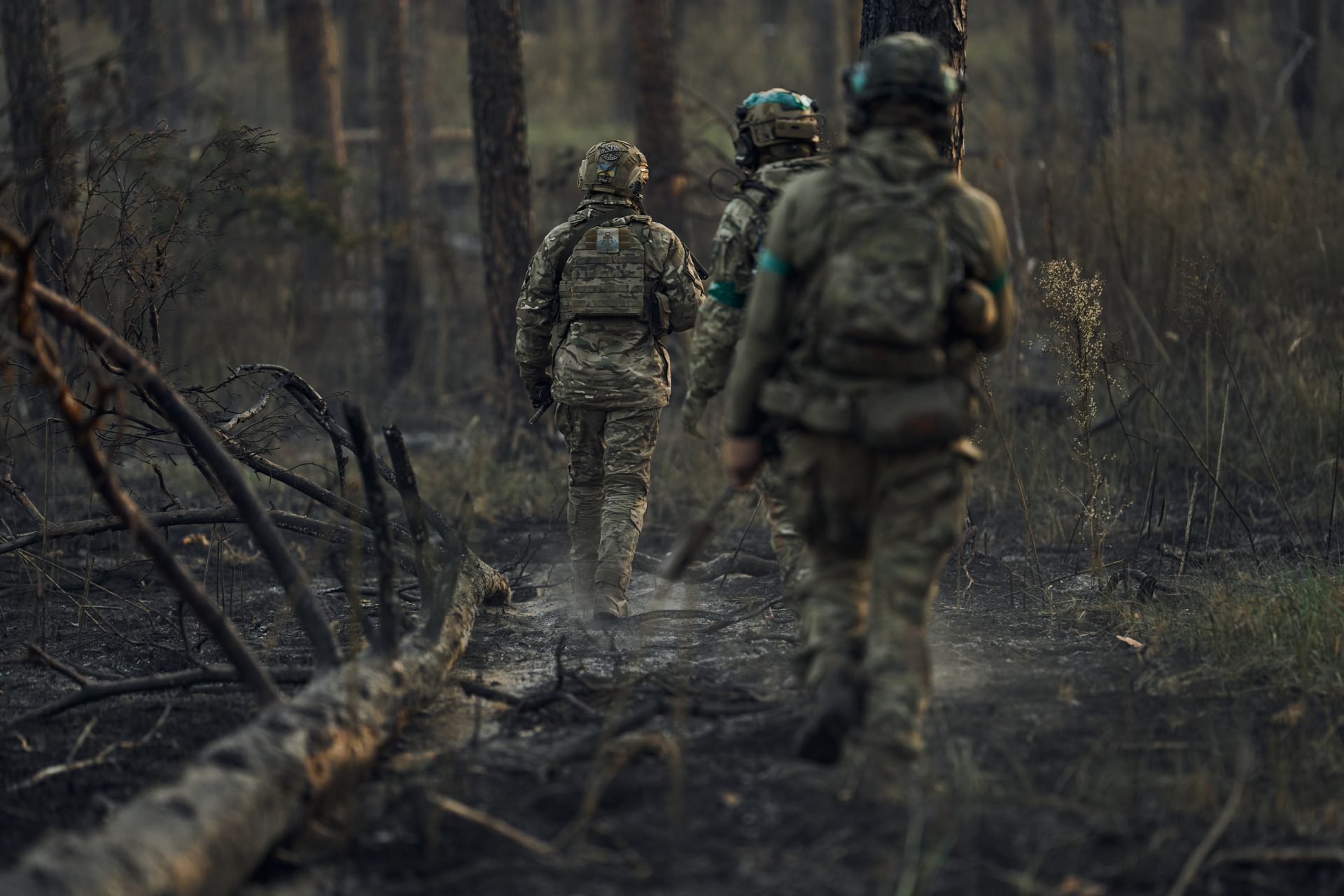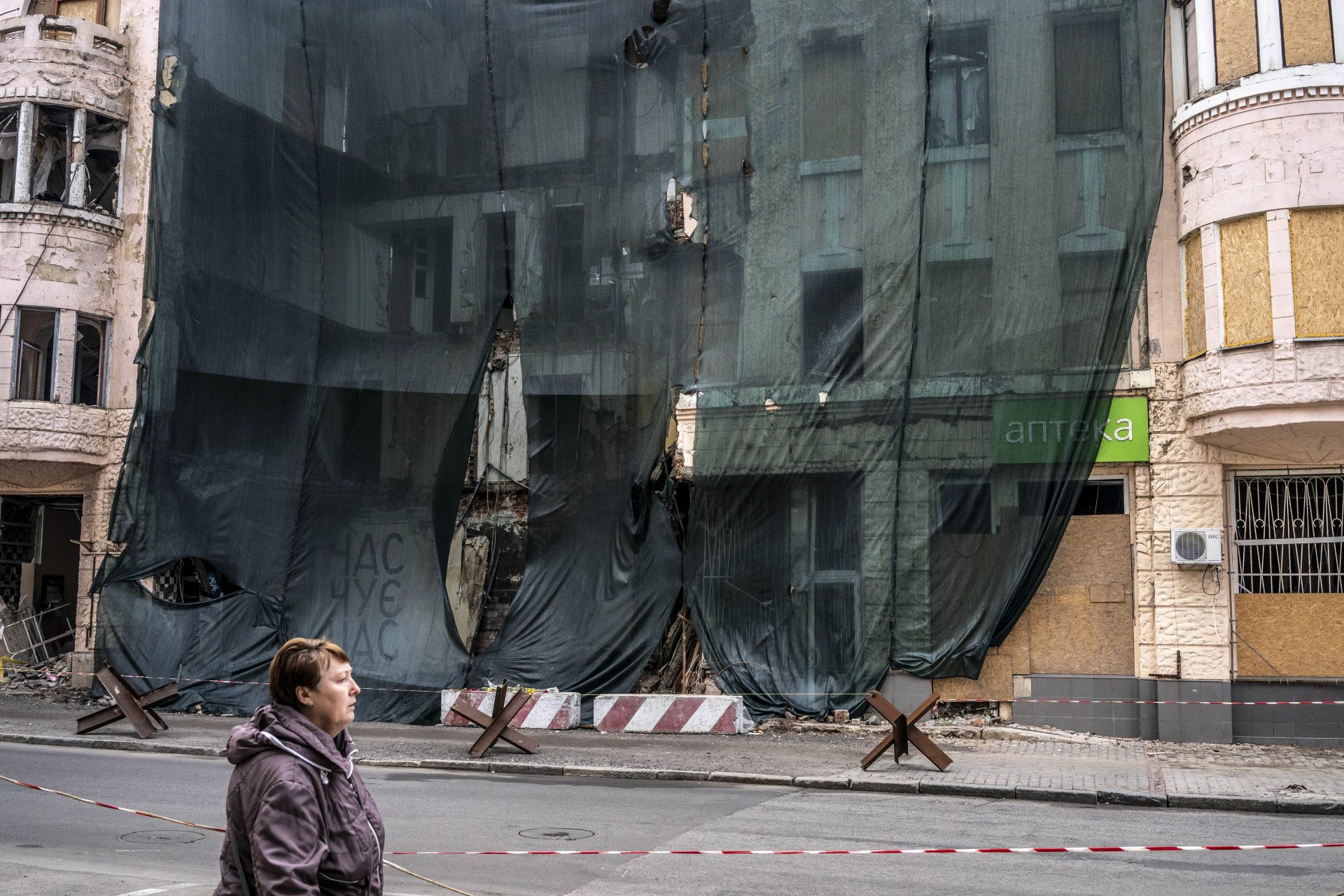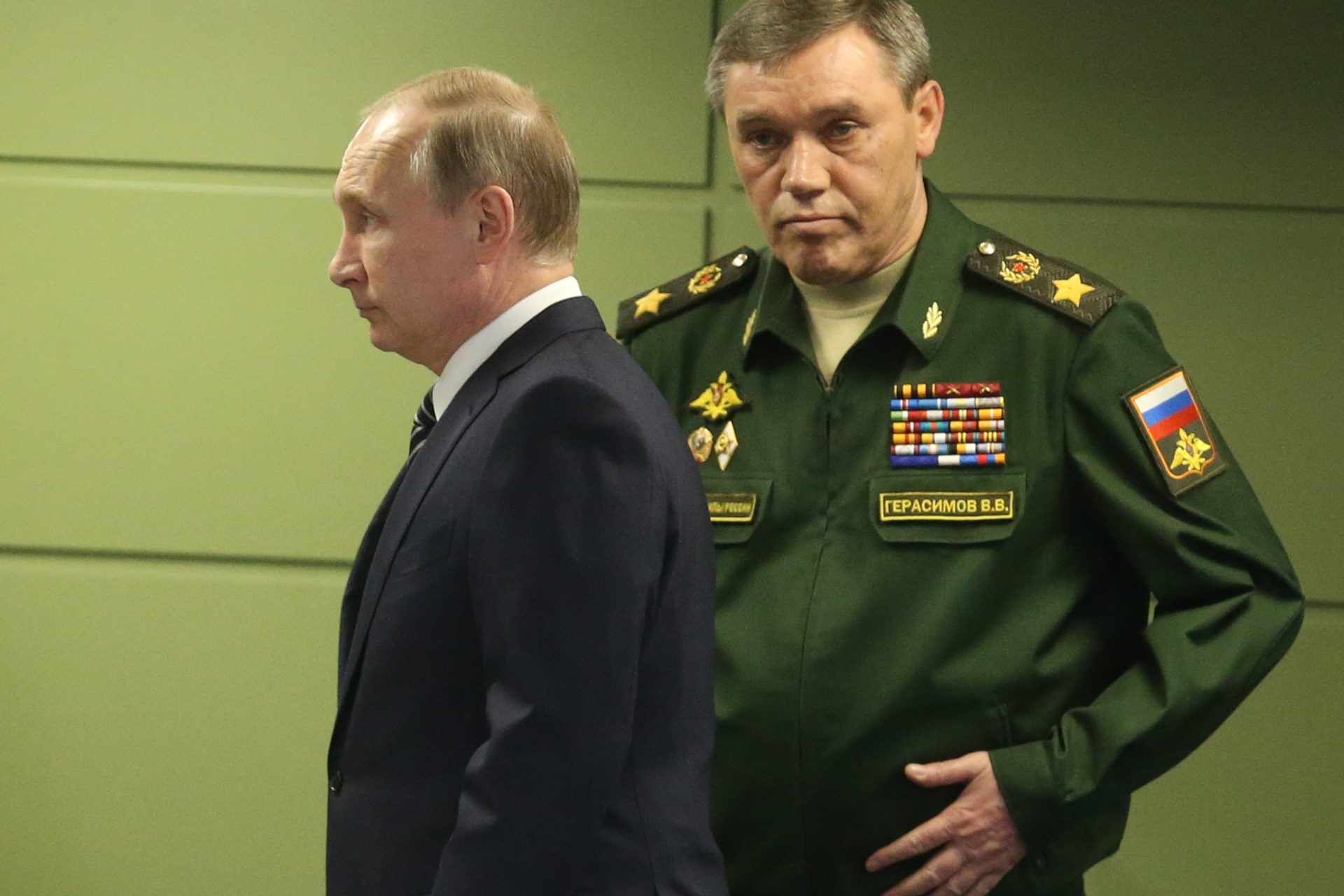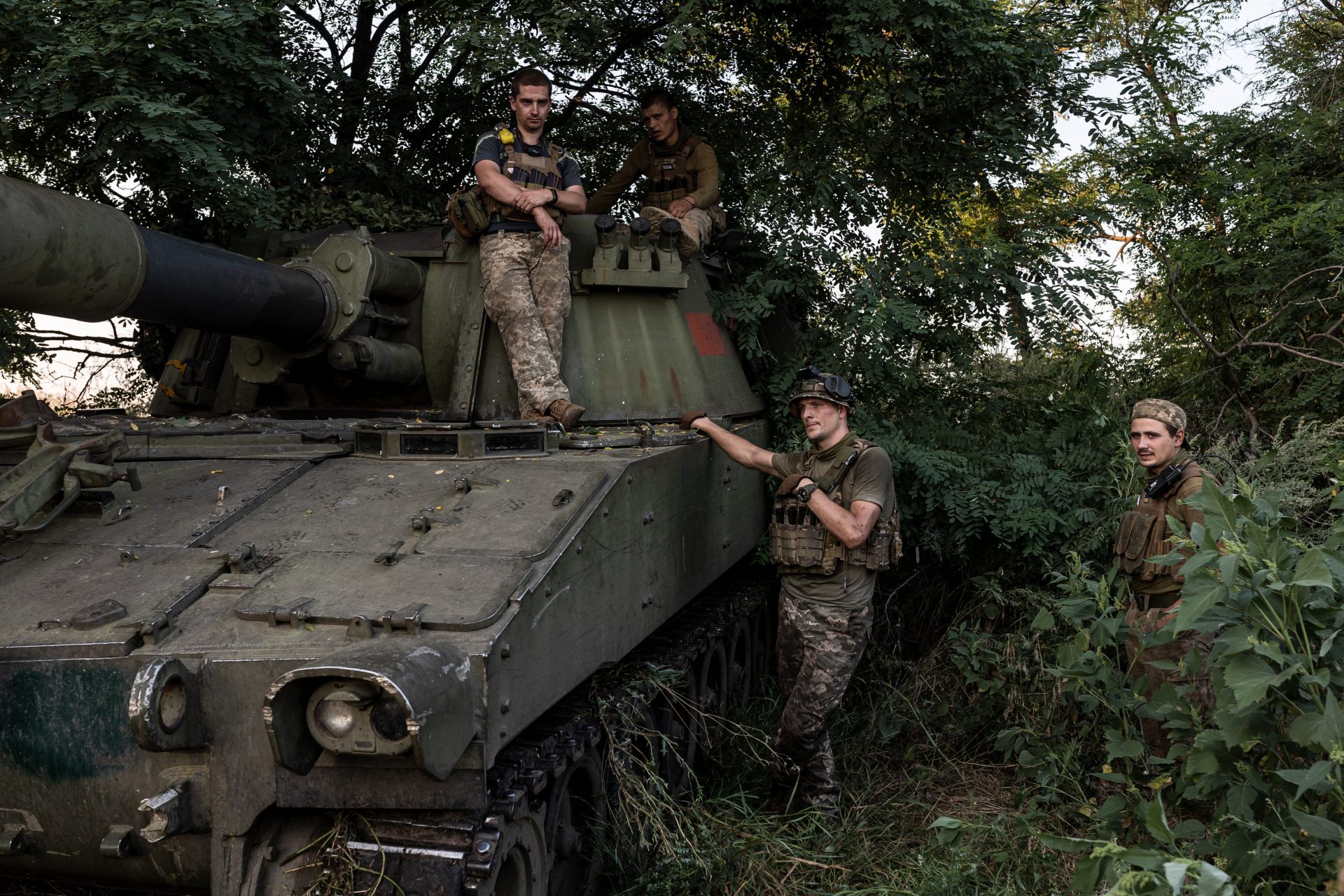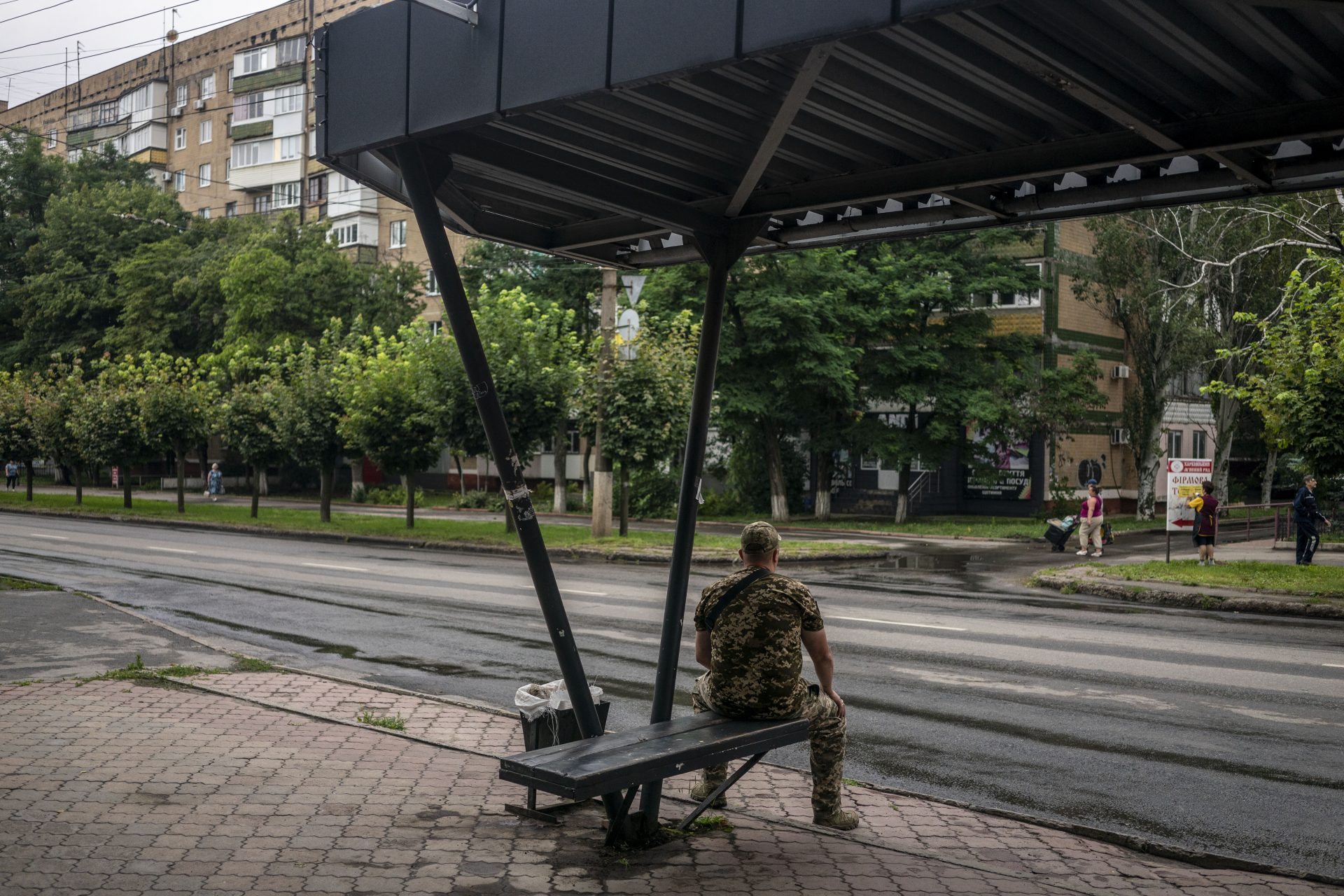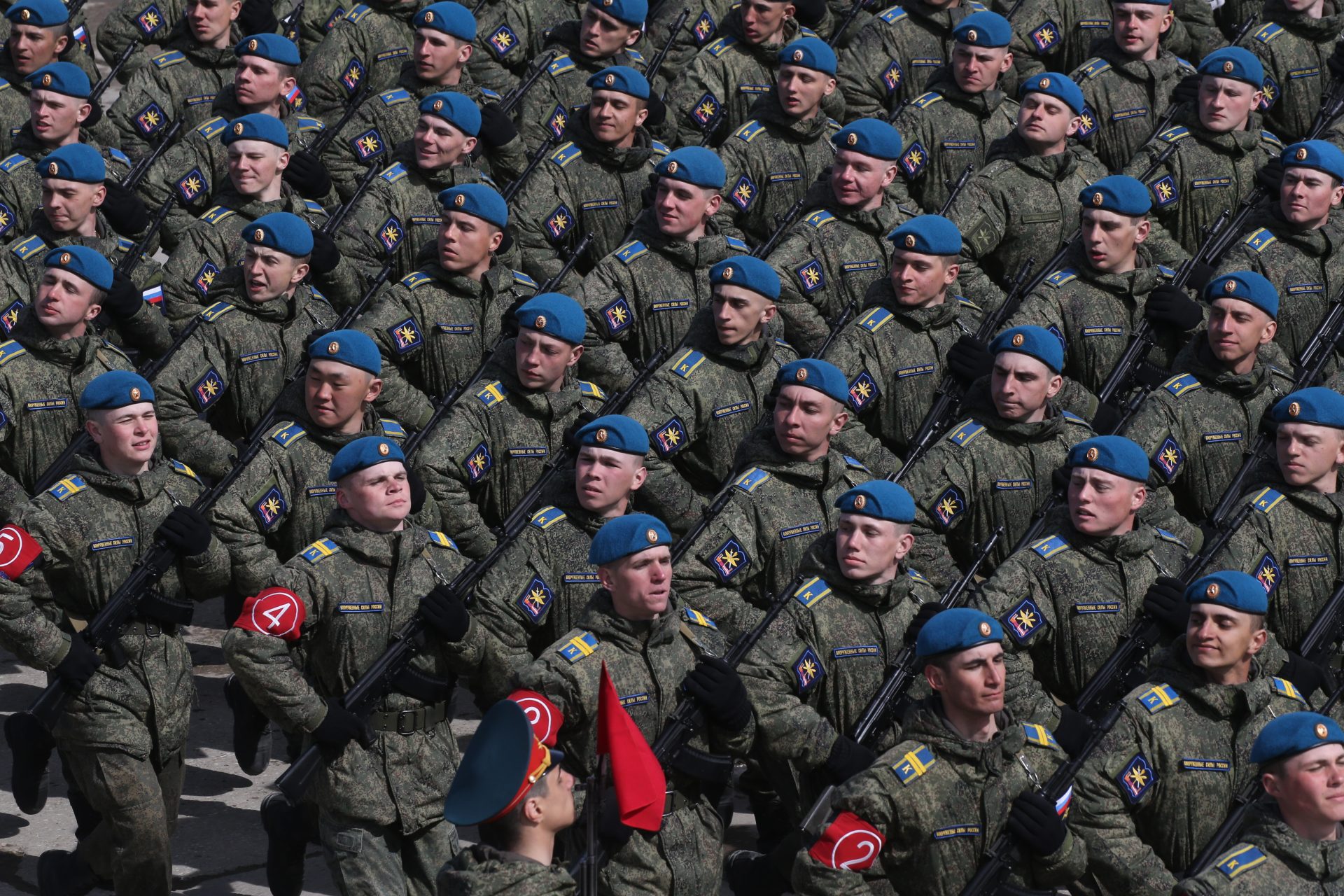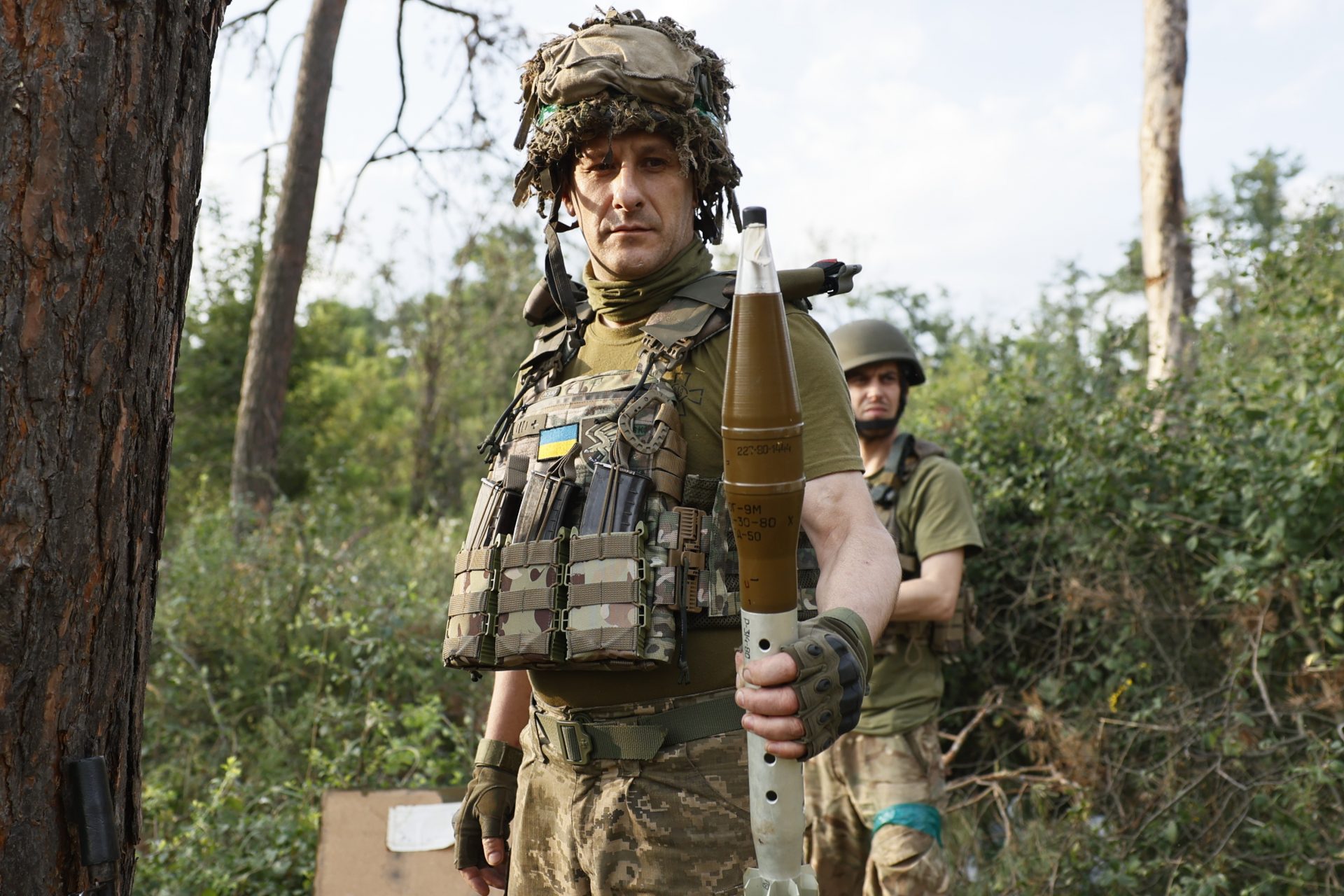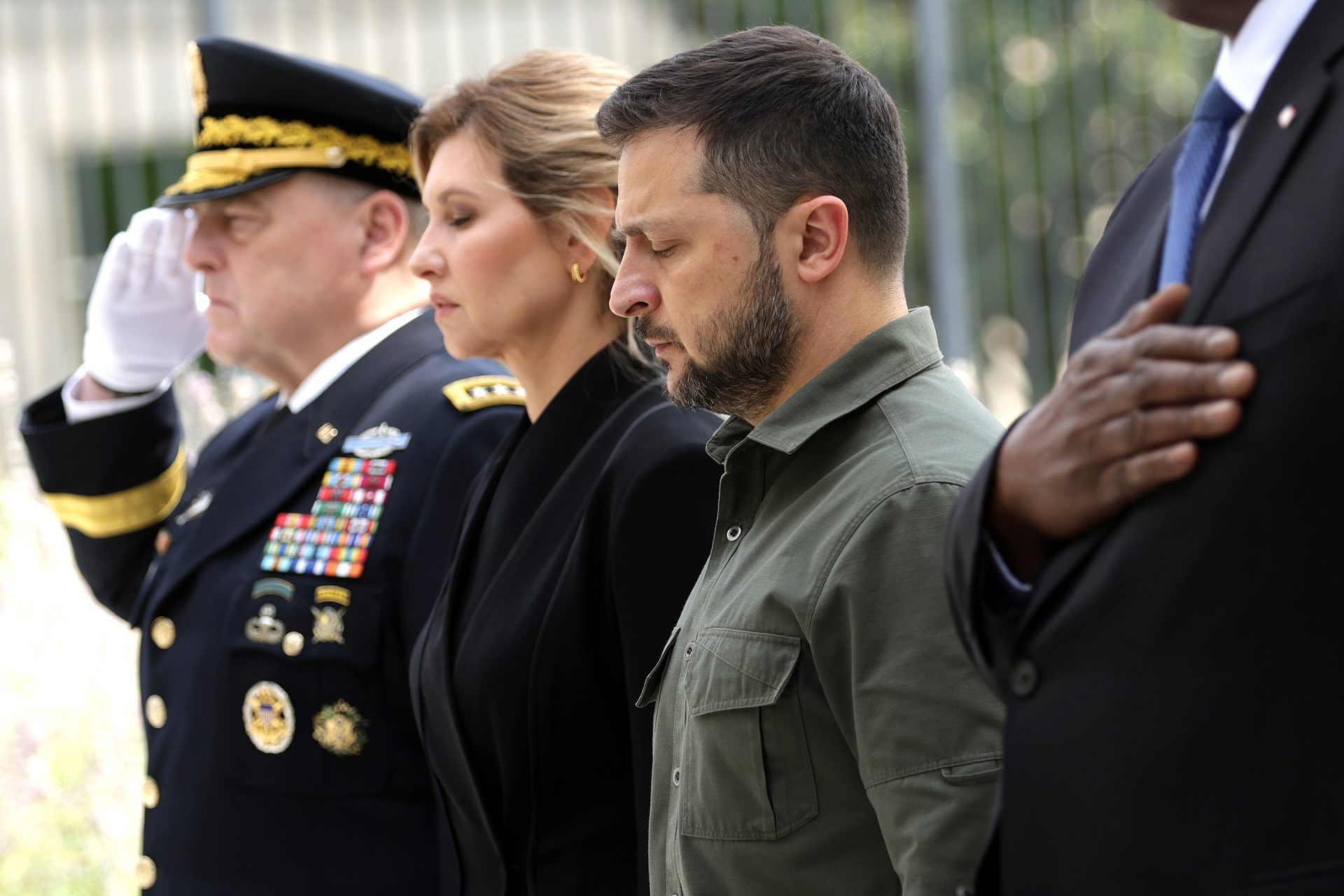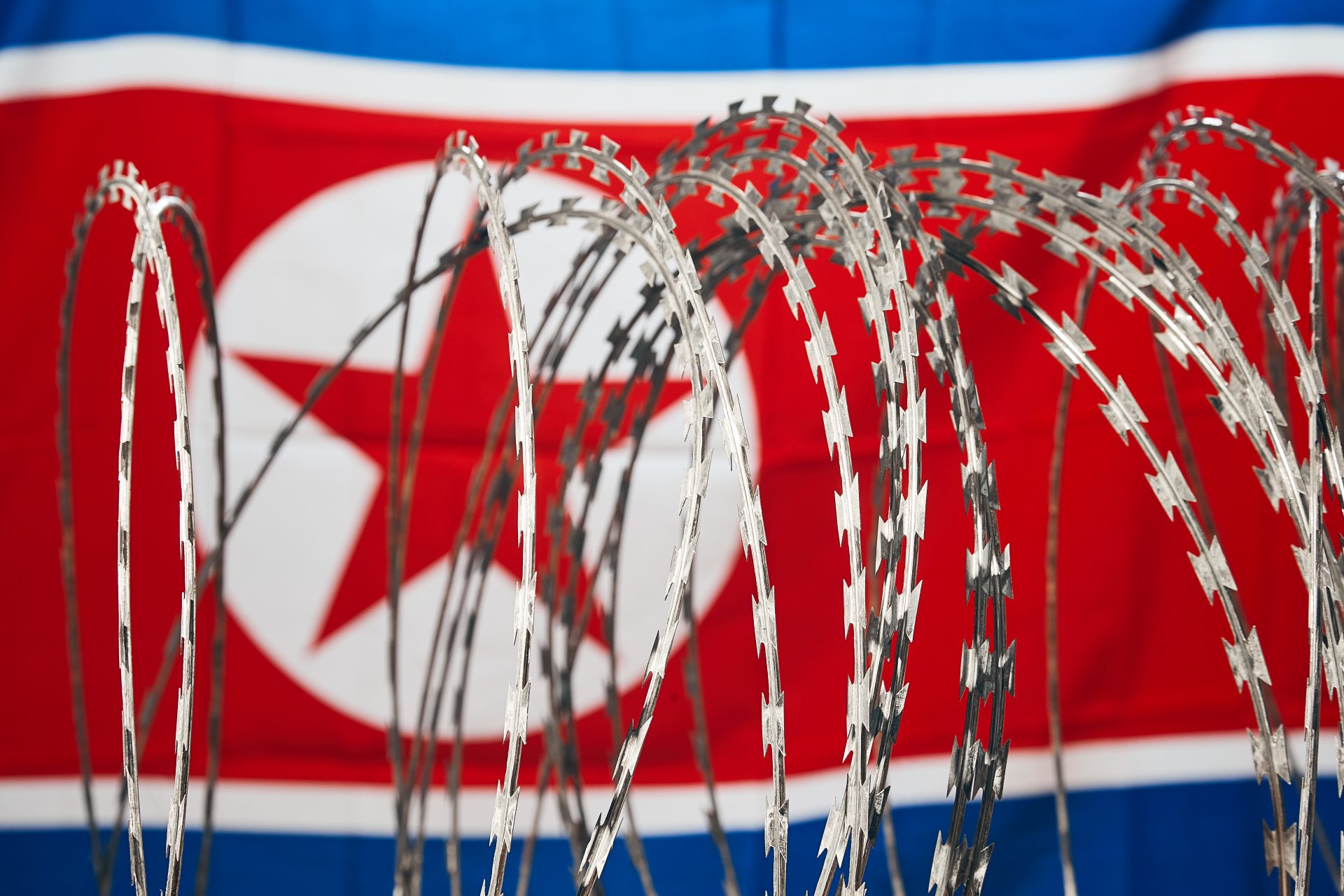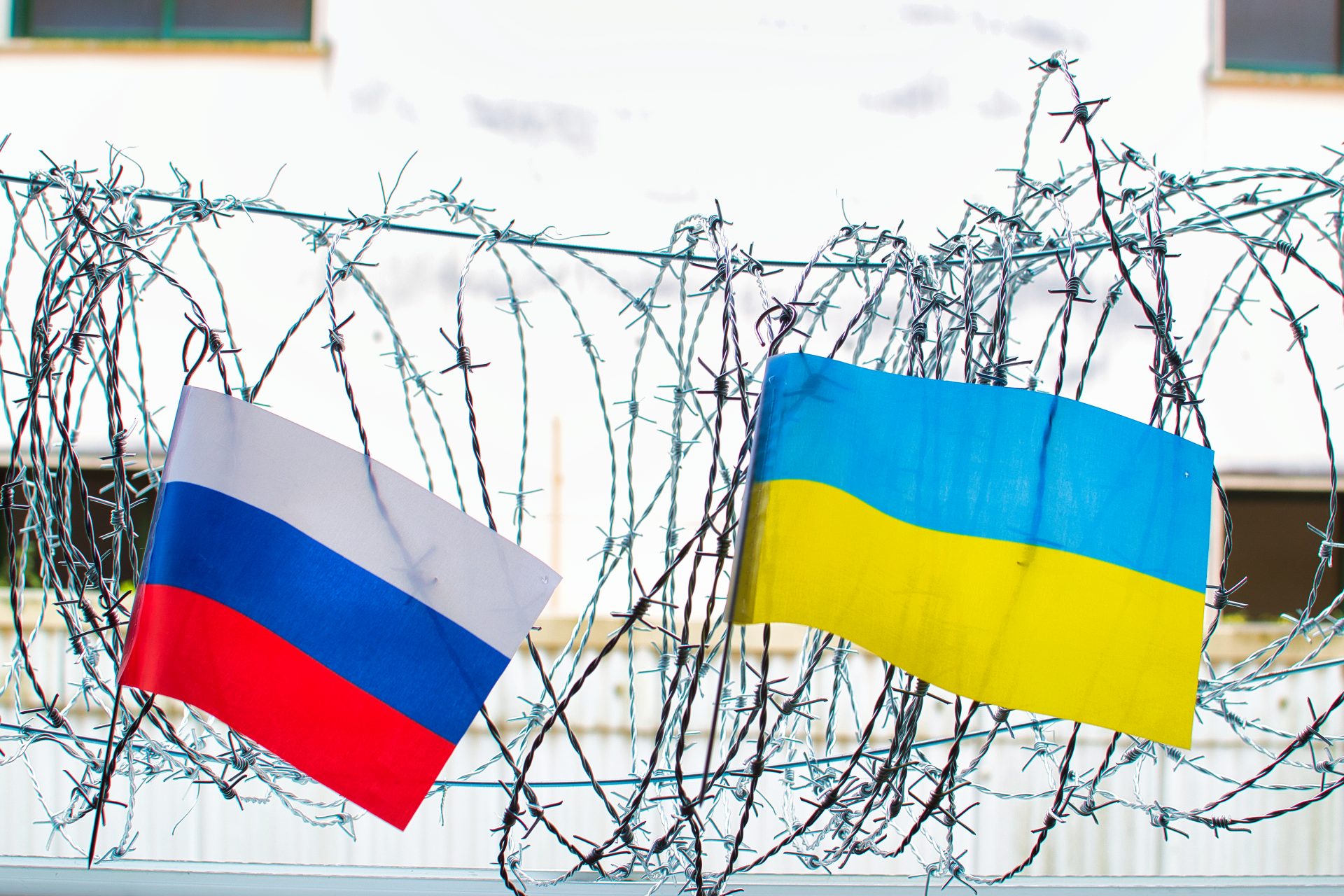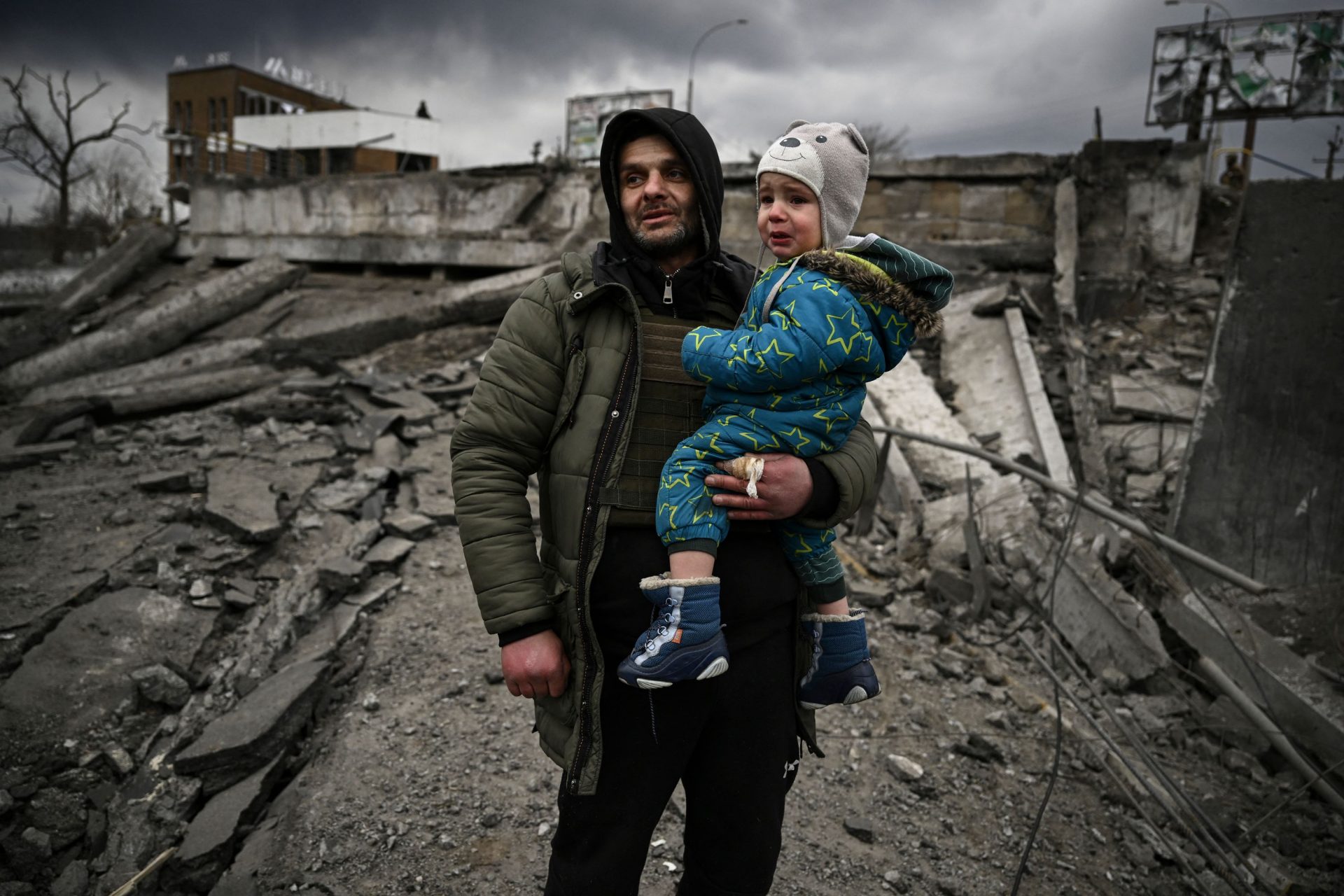Is there any hope that Ukraine could win the war against Russia?
The media seems to celebrate all of Ukraine's little victories and makes it seem as if Zelensky is winning the war against Russia. But at the moment, in the autumn of 2023, many analysts believe that Zelensky is closer to defeat than triumph.
The much-publicized Ukrainian counteroffensive launched this summer has so far failed to make much headway. Former British general Richard Barrons admitted this in an article in the Financial Times: "Ukraine’s current counteroffensive will not throw Russia out."
Richard Barrons believes, however, that this counteroffensive served some purpose: to accumulate information on how to defeat Russia. But he warns: this victory, if it occurs, will not come until 2025!
In the New Statesman, another analysis of the Ukraine conflict by Lawrence Freedman spoke of "deep disappointment" in the Pentagon and added that in the US administration "Questions are now being raised about whether this is a war that Ukraine can ever win."
Freedman even goes so far as to say, "Perhaps it is Kyiv that should be looking to cut its losses, conceding territory in return for peace."
But Lawrence Freedman adds in the New Statesman that not everyone in the Pentagon tends to be pessimistic about Zelensky. However, several American media outlets revealed the discrepancies between the United States and Ukraine over how the counteroffensive is being managed militarily.
The New York Times published an article revealing criticism from the US military about how Ukraine was distributing its troops: too dispersed and without a clear point of attack on which to focus.
And in the face of this supposed fragility in Ukrainian military management, some analysts point out that Russia is stronger. Without the pressure to gain ground, they can continue to defend their front line without giving an inch.
"Russia’s military has adapted and is now a more formidable enemy for Ukraine, defense analysts say," headlined CNBC in an article on the subject, citing US military sources.
Prolonging the war will help Putin and erode Zelensky. And that is what is happening, and at the same time, Ukraine's political support weakens.
The victory of the pro-Russian Robert Fico (pictured) in the elections in Slovakia, a small country in the European Union, is a symptom that the political winds are changing and not in favor of Zelensky.
There is also part of the Republican Party that would like the United States to be less involved in the war in Ukraine. Trump is not an enthusiast of supporting Zelensky, and, remember, his victory in the 2024 presidential elections cannot be ruled out.
Some are already talking about a "Korean solution" to the conflict. According to General Kyrylo Budanov, head of Ukrainian intelligence, Moscow intends to convince the world to accept a scenario like the one that arose from the Korean War.
That is to say that, just as there is North and South Korea, there is more than one Ukraine: the historical one and another linked to Russia in the territories currently occupied by Putin.
But, for now, although there are cracks in the most triumphalist version of the war, Western analysts and media continue to bet on Zelensky as the winner.
And what seems absolutely certain is that the war, for now, will drag on. No realistic scenario includes a quick victory by either side, which means that the human tragedy that every war involves will continue.
More for you
Top Stories




